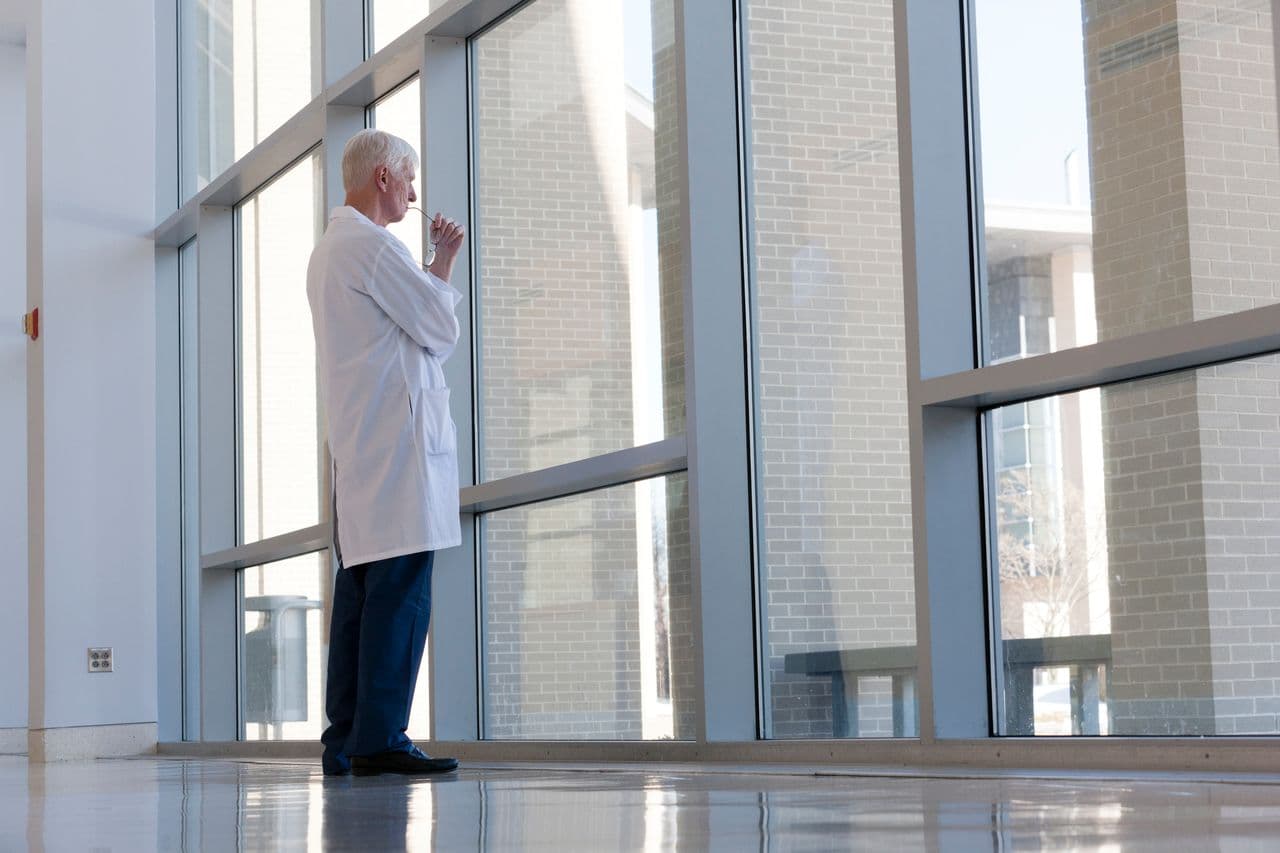The newly enacted American Rescue Plan centers on the ongoing battle against the COVID-19 pandemic and rebuilding the economy amidst the public health crisis.
With offices nation-wide, Coronis Health not only provides facilities with financial consulting but makes sure they are compliant with new government regulations. As trusted advisors who are committed to allowing facilities to remain independent, we want you to properly prepare for any changes within your industry over the next four years. One way is by understanding some critical items in the rescue package that pertain to hospitals and FQHCs.
Medicaid Expansion
As of February 2021, 12 states have yet to adopt the Affordable Care Act (ACA) provision, which expands Medicaid to adults with incomes through 138% of poverty. In effect, millions of people are without an affordable coverage option. A provision in the American Rescue Plan encourages non-expansion states to implement the expanded Medicaid coverage options via an additional increase of Federal Medicaid Assistance Percentage.
Furthermore, the legislation also gives states the option of extending Medicaid coverage to women with low to modest incomes for an entire year after childbirth. Previously, the law required states to provide 60 days of content, but experts have highlighted research showing that women can die in the weeks and months after giving birth and that 3 in 5 of all such deaths are preventable. This stimulus policy bolsters the safety net supporting low-income parents in the country.
ACA Expansion
The American Rescue Plan of 2021 will also increase subsidies to people who buy Affordable Care Act health plans. Previously, people who earned 400% of the federal poverty level weren’t eligible for the tax credits, which help offset the cost of purchasing health plans. The legislation eliminates an income cap that limits who is eligible for ACA tax credits to reduce monthly insurance premiums. This means patients with income above 400% of the federal poverty level are now eligible for federal tax credits to subsidize the cost of marketplace enrollment.
In addition to increased subsidies, the plan also allows people who receive unemployment benefits during 2021 to temporarily become eligible for ACA plan premium subsidies, as well as cost-sharing reductions to cover deductibles and copayments.
COVID Relief Expansion
A $20 billion national vaccine distribution program offers free vaccinations to all U.S. residents. This ensures that the country’s underserved communities and those disproportionately affected by COVID-19 are equitably vaccinated against COVID-19. As of March 11, an additional 700 HRSA-supported health centers were invited to join the Health Center COVID-19 Vaccine Program. This expands the federal vaccine programs to more FQHCs. Vaccines will be sent to 250 centers nationwide, selected based on their proximity to vulnerable groups. Eventually, the effort will expand to more than 1,300 community health centers and will increase from there. Other essential items included in the plan are:
- Injecting $50 billion to expand COVID-19 testing
- Allocating $30 billion to purchase supplies such as ventilators and personal protective gear
- Mobilizing a public health jobs program that would fund 100,000 public health jobs covering vital tasks such as contact tracing and vaccine outreach
- Authorizing the Occupational Safety and Health Administration to issue a “COVID-19 Protection Standard” to help workers receive protection from unsafe working conditions and retaliation related to COVID-19
The added funding also aims to get health services into underserved communities.
CHC Infrastructure and Workforce Expansion
Hospitals and community health centers are among those slated to receive billions of dollars in funding from one of the most extensive rescue packages in American history. The American Rescue Plan provides much-needed relief for community health centers on the frontlines of this pandemic. Specifically, critical provisions from the COVID-19 Relief bill cover community health centers and health disparities. In addition to increasing funding for these facilities, other significant highlights include:
- $7.6 billion in emergency funding available for FQHCs
- $800 million for the National Health Services Corps to provide loan forgiveness and scholarships to primary care health clinicians serving in health professional shortage areas
- $200 million for the Nurse Corps to support scholarships and loan repayment for students, nurses, and advanced practice registered nurses (APRNs)
- $330 million for the Teaching Health Center Graduate Medical Education programs to enhance and support the community health center clinical workforce
Stay Up-to-Date with Healthcare News from Financial Consultants
Coronis Health’s Hospital, Facility & Surgery Center service group offers specialized financial consulting and medical billing solutions to all types of hospitals, FQHCs, SNFs, LTCs, and surgical centers. We are always fully aligned with all new policies and government regulations. Through our compliance activities, we can help you stay up-to-date and at the forefront of best practices. It is our goal to help you stay independent with our industry-leading technology and high-touch relationship building. To learn more about our services, contact Coronis Health today or request your free financial check-up.
